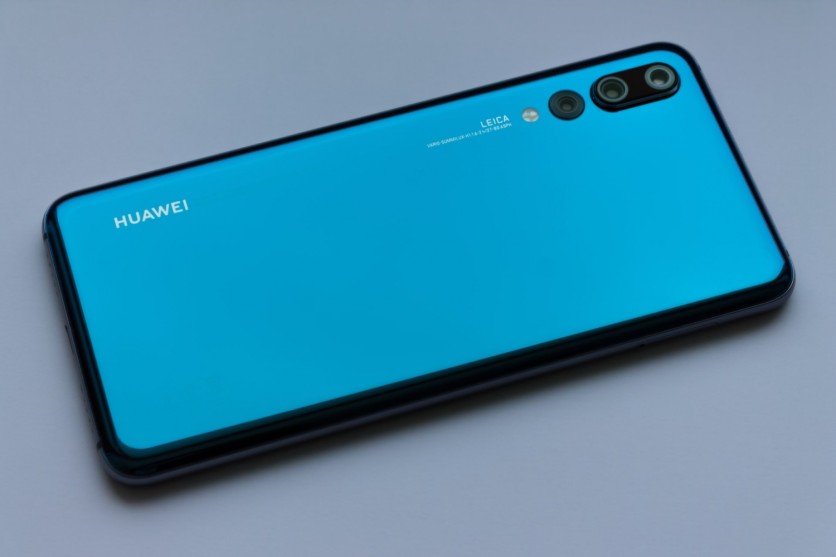When the United States banned the entry of Chinese smartphones into its territory, many big tech brands suffered from its consequences. One of them is Huawei, which reportedly struggled with its product shipments last year.
US Bans Led to Huawei Shipment Decline

In 2020, Huawei was sitting at that time in the third spot for the biggest smartphone companies around the globe. As such, the Chinese tech giant was able to deliver 188.5 million units just this year alone, per Phone Arena.
Before this, the smartphone maker managed to ship 240.6 million smartphones in 2019. Interestingly, it surpassed Apple which only delivered 198.1 million units. However, it did not oust Samsung which remained in the first place at 298 million units delivered.
Amid its good performance over the past years, the US decided to place Huawei on the entity list. According to the authorities, the decision came after they cited security issues. With that, the Chinese phone brand was barred from accessing the US supply chain this time.
Since then, the fate of Huawei has tumbled down. The authorities deprived the tech giant of access to Google Mobile Services. This means that Huawei phone users cannot access Android apps such as Google Play Store, Google Maps, and more.
While it did not matter much for the company since most of the Google apps were already banned before that happened, Huawei felt the impact on its shipments. Particularly, the global versions of the phones fell behind their competitors which feature applications from Google.
Related Article: Huawei Founder Ren Zhengfei Says That the Company Must Learn From the US In Terms of Tech
Only US-Based Chipmakers For Huawei
As a follow-up, the US also imposed a new policy that would stop the shipping of non-US chips for Huawei. As a matter of fact, this slapped the company with a huge downgrade on its products because the delivery of the powerful chipsets was already hampered.
Furthermore, the Kirin 9000 5G chips were not used anymore on Huawei handsets. Instead, the company had to rely on the Qualcomm Snapdragon 888 for its flagship products such as P50 and its Pro version.
Huawei Sells Honor to Consortium
To survive the tech restrictions and even the whole business, Huawei decided to sell its sub-unit to a consortium composed of more than 30 dealers. The bid which cost over $15 billion allowed Honor to access Google apps once again, in addition to the cutting-edge 5G chipsets.
In another story from Technical Ripon, the overall restrictions to Huawei resulted in a decline of 81.6% in its shipments. To add, the market share of the Chinese smartphone maker also dropped to just 3% last year. In 2020, it recorded a 15% market share.
More About Huawei
Meanwhile, Tech Times wrote in another article back in 2021 that Huawei has been using more China-made components on its latest flagships. The report also suggested that the company reaped a 30% increase because of this adoption.
Elsewhere, another story pointed out Huawei phone's involvement in a spying incident. The authorities in Australia relayed a message to their US counterparts that some Chinese spies were invading their telecommunication systems.
Read Also: China's Huawei Faces HiSilicon Loss; US Company Qualcomm to the Rescue?
This article is owned by Tech Times
Written by Joseph Henry
ⓒ 2026 TECHTIMES.com All rights reserved. Do not reproduce without permission.




